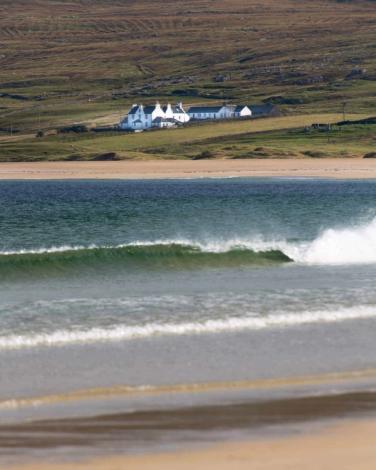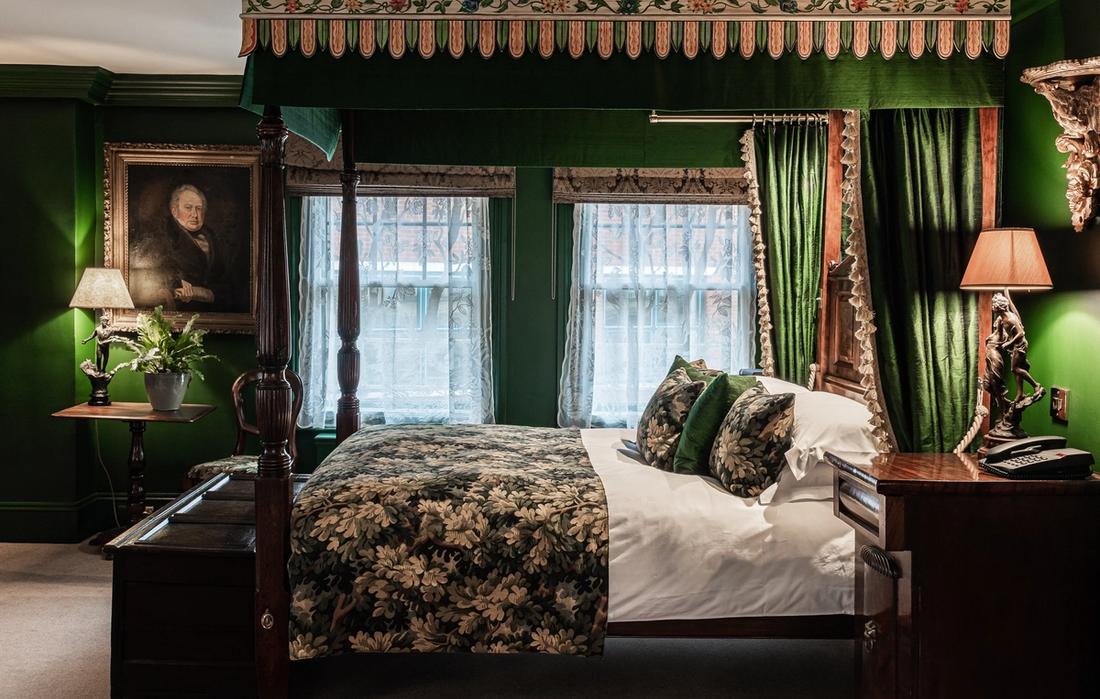The Good Hotel Guide is the leading independent guide to hotels in Great Britain & Ireland, and also covers parts of Continental Europe. The Guide was first published in 1978. It is written for the reader seeking impartial advice on finding a good place to stay. Hotels cannot buy their way into the Guide. The editors and inspectors do not accept free hospitality on their anonymous visits to hotels. All hotels in the Guide receive a free basic listing. A fee is charged for a full web entry.
The Good Hotel Guide
About Us
Independent
Recommended
Trusted
Independent
Recommended
Trusted

Hotel Secrets
All blog posts
3 minutes
29 Oct 2018
Hotel Secrets
All blog posts
3 minutes
29 Oct 2018
By Adam Raphael

The borderline between triumph and disaster in the hospitality business is narrow. Every year the Guide receives thousands of letters, emails and phone calls from readers telling us about their stays in hotels, inns and B&Bs. Most are enthusiastic. Some critical though balanced. A minority so dire that they qualify for Fawlty Towers. So, what is the secret of a great hotel?
A quote from the Guide’s founding editor, Hilary Rubinstein printed on the front page of each edition of the Guide sums up the key ingredient: ‘A good hotel is where the guest comes first.’ It sounds simple, but catering for the whims and foibles of a variety of guests of differing ages, tastes, and habits is neither easy nor cheap. As living standards have risen, so have the expectations of guests. The Guide’s regular surveys of its readers confirms that the basics have to be right. Comfortable beds, free fast wi-fi, good bedroom lighting, showers that work, electric plugs in the right places, and a spotlessly clean bedroom and bathroom are not negotiable. One Guide inspector who was sharing a bedroom with a colleague was asked to sleep on what she described as ‘a bean bag’.
Beyond these essentials, personal preferences come into play. Location for me is crucial. Take me to a hotel in a beautiful area, whether it is in the centre of a big city or in remote countryside and I will almost certainly be happy. Throw in a good dinner and breakfast, and minor irritants will fade away in a haze of contentment. The Goring, a London hotel, which has been owned by the same family for four generations, has been in the Guide for decades because it is outstanding. But it is in a heavily polluted area near Victoria Station, so it is not somewhere I would choose to stay.
Some of the other things that make me groan are muzak at dinner, radio 4 at breakfast, windows that don’t open, captive coat hangers, boiling hot thick duvets, and heating controls that don’t work. Tastes differ, but we try hard in writing the Guide’s entries to tell what a hotel, inn or B&B is really like. I believe that most of the time we succeed. A British reader wrote: ‘Keep up the great work with the guide – needed more than ever in this fantasy Trip Advisor world.’ An American reader: ‘You made our visit. Your guide not only took us to some fine hotels, but also to wonderful places.’ A German reader: ‘Without the Good Hotel Guide, I would not have found the hotels I now stay in.’
So much for praise. Some of the things that Guide readers complain about are dim bedroom lights, over-complicated electronic gadgets, liquid soap dispensers (what ever happened to soap?), mandatory no-return, no exchange deposits, reservation inefficiencies, and cursory welcome on arrival. Value for money is also an increasing concern as hotel raise their prices to cope with the depreciation of the pound. A long-time reader, who was quoted a price of £485 for a midweek, low season, dinner, bed, and breakfast at a West Country hotel, wrote: ‘I can’t think these prices are sustainable, but perhaps there is more money around than I think.’ Another reader wrote: ‘I would rather pay for value than sponsor an interfering geezer on the front steps wearing a top hat.’
The rising cost of hotels is an issue. For most families with children, a stay of even a couple of nights is beyond their budget. Yet owning a small hotel is a route neither to fortune nor fame. It is invariably hard work for modest returns. Independent hotels are being squeezed in many directions, not least by the excessive charges of online travel agencies which range from 15-30%. That is why the Guide urges its readers to book directly with a hotel. You will get a better deal, and you will help in the long term to keep prices down.


